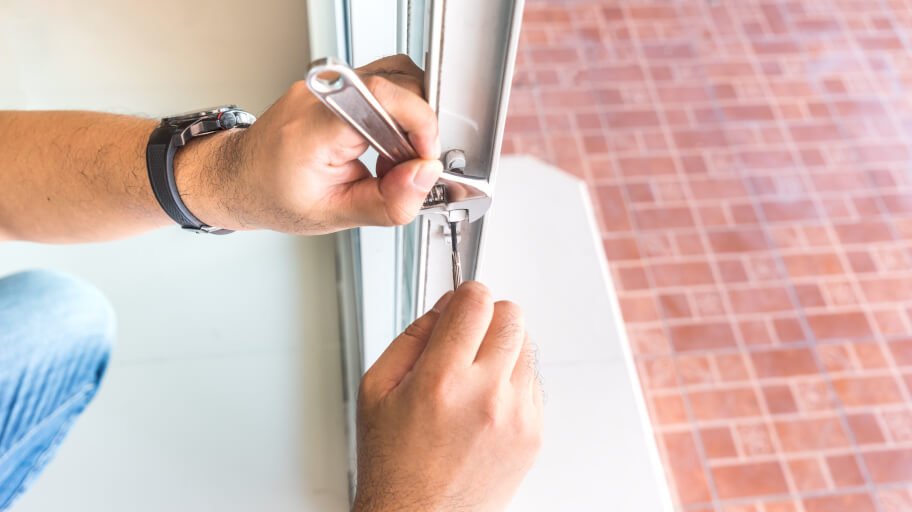When working properly, sliding doors glide open effortlessly, let in natural light, and enhance indoor-outdoor living. But when things go wrong, a damaged or misaligned sliding door can quickly become a risk, an energy waster — and a major frustration.

Sliding doors are a stylish, space-saving addition to any home. When working properly, they glide open effortlessly, let in natural light, and enhance indoor-outdoor vibes. But when things go wrong, a damaged or misaligned sliding door can quickly become a security risk, an energy waster — and a major frustration.
If your sliding door isn’t performing like it used to, here are four common reasons why — and why you shouldn’t ignore the warning signs.
One of the most frequent causes of sliding door issues is misalignment. Over time, doors can shift due to:
When alignment is off, your sliding door may drag, get stuck, or fail to close properly — compromising both security and energy usage. Realigning a sliding door typically involves removing and reinstalling it, adjusting screws, and resetting the rollers. Because sliding glass doors can be heavy and awkward to handle, this job is best left to a professional sliding door repair technician.
Rollers are the small wheels that allow your sliding door to glide smoothly along its track. Over time, they can:
If you hear grinding noises or feel resistance when opening the door, your sliding door rollers may need replacing. Fortunately, rollers are a replaceable component, and a technician can swap them out to restore smooth operation.
Dust, pet hair, leaves, and even sand can build up in your sliding door track. Once debris finds its way into the roller bearings or groove, it can:
To extend the lifespan of your door, it’s crucial to regularly clean the tracks using a vacuum and a soft brush. This simple maintenance step can prevent long-term damage and help avoid unnecessary repairs.
If the rollers wear out completely or seize up, they’ll begin scraping along the track instead of gliding. This can lead to deep grooves, dents, or bends in the track, which often result in:
Even new rollers won’t work correctly if the track is already damaged — so it’s important to act early. A professional can assess whether track repair or replacement is the best option.
You should be able to open your sliding door with little effort when everything is working as it should. If it’s sticking, bouncing, grinding, or drifting out of place, it’s time to get it checked out.
📞 Call your local sliding door repair expert before small issues turn into costly replacements. Whether it’s roller replacement, or track repair, restoring your door’s smooth glide is quicker and more affordable than you might think.